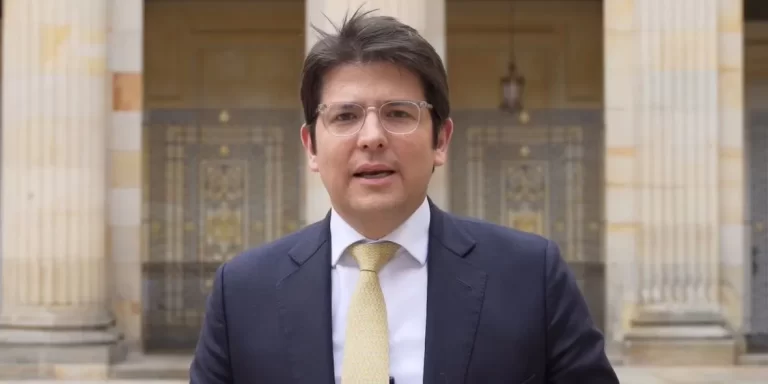[ad_1]
SYDNEY (Reuters) – Japan’s yen hit three-month lows on Monday as an election win for the government gave a green light for super-easy monetary policy, while the euro eased as Spain’s constitutional crisis aggravated concerns about political unity in the bloc.
The U.S. dollar was the major beneficiary as President Donald Trump and Republicans took a small step toward tax cuts, boosting Wall Street stocks and lifting bond yields.
Nikkei futures NKc1 also pointed to opening gains of around 1 percent for Japanese shares after Prime Minister Shinzo Abe looked to have easily won in national elections.
Investors assumed the victory would allow the Bank of Japan to continue with massive monetary easing that depresses bond yields and the yen, even as the U.S. Federal Reserve seems determined to hike rates again in December.
“This should extend the lifespan of “Abenomics,” including the BOJ’s mega stimulus,” wrote analysts at the Blackrock Investment Institute.
“We see the outcome as a mild positive for Japanese equities, and as a mild negative for the yen and Japanese government bonds.”
The dollar rose 0.38 percent in early trade to reach 113.93 yen JPY=, the highest since mid-July when it got as far as 114.49 before running out of puff. A break there would open the way to the March peaks around 115.51.
The yen even slipped on the euro EURJPY=, which was having its own troubles as the Spanish government urged Catalans to accept its decision to dismiss their secessionist leadership and to take control of the restive region.
The nation’s biggest political crisis in decades enters a decisive week as Madrid tries to impose its control, although investors have so far assumed the political strife would not spread elsewhere in the European Union.
The euro eased just 0.1 percent early Monday to $1.1771 EUR= and has strong chart support around $1.1729.
It faces another hurdle on Thursday when the European Central Bank meets amid much talk it will cut back the amount of assets it buys every month, but also extend the program.
“As we have argued for some time now, the length of time the QE program runs for matters more than monthly size,” said analysts at RBC Capital Markets.
“So while we look for a reduction by at least 30 billion euros in net terms … we also expect that the ECB will keep the program open ended.”
Asian share markets could get a tailwind from Wall Street’s record finish on Friday when the passage of a U.S. Senate budget resolution bolstered hopes that President Trump’s tax-cut plan may move forward.
The Dow .DJI ended with gains of 0.71 percent, while the S&P 500 .SPX rose 0.51 percent and the Nasdaq .IXIC 0.36 percent.
In commodity markets, oil prices started firmer on Monday following a sharp decline in Iraqi crude exports due to tensions in the Kurdistan region. [O/R]
Brent crude LCOc1 rose 25 cents to $58.00 a barrel, while U.S. crude futures CLc1 added 32 cents to $52.16.
[ad_2]
Source link






Leave a Reply